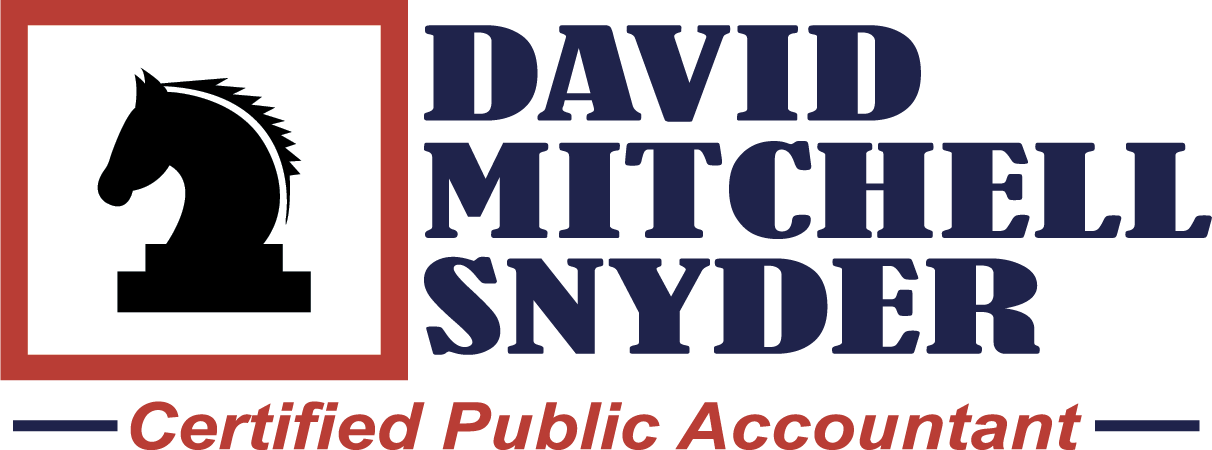Divorce and Taxes (Which is Worse?)

Three issues to consider: Let these three suggestions help you avoid mistakes that can cost you thousands of dollars. Your tax professional is in a unique position to steer you clear of potential tax pitfalls. Abide by these suggestions to avoid expensive mistakes.
1. What you should you do with a Qualified Domestic Relations Order, or QDRO.
First a QDRO is a court ordered division of one spouse’s retirement plan. This provides the other spouse with some retirement savings.
As soon as the plan administrator approves the court ordered QDRO you should move the funds to another retirement account set up for you (e.g. an IRA). Remember that these funds have been set aside for your retirement, not for your current consumption. They should not be used as a windfall for current spending, but rather for your long-term financial stability, i.e. retirement.
However, if you must spend some of the funds, let your tax professional calculate the amount of distributions that you can take penalty free (Over age 59 1/2, medical expenses, 401(k) QDRO, higher ed., first time home purchase). Next have your tax pro calculate the amount you can receive before entering a higher tax bracket. Then try to limit the withdrawal to the lesser of the two amounts.
2. Beware of investment portfolios that have unrealized gains.
Before accepting a split of the marital investment portfolio, get your tax pro to determine the cost basis of each position held. Getting investments worth $500k with a tax basis of $400k is worth considerably more than getting investments worth $500k with a tax basis of $100k. the reason is the amount of taxes you will pay on selling the investments and thus your net after taxes payout.
3. The divorcing couple need to use different tax professionals
To avoid conflicts of interest, including the appearances of a conflict of interest, both the taxpayers and the tax preparers should demand that the couple use different professionals to prepare their tax returns. In other words, each spouse should have their own tax professional who is advocating for their best interests.
Contact us at 727.310.8106 or [email protected] to learn how you can get the most out of the new tax law!
